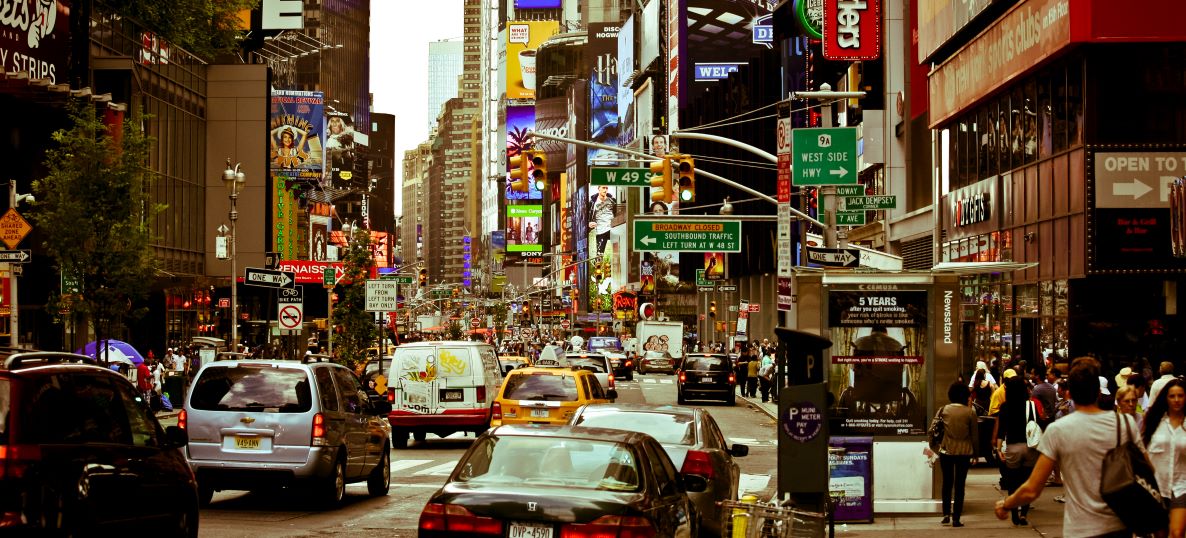One of the most shocking aspects of the 2024 election is just how many more people voted Republican this year than in 2020 — not just in rural areas, but in cities. In Philadelphia, where I live, about 35,000 fewer people voted this year than in 2020 (worth noting: the city lost 53,000 people between 2020 and 2023). And yet, even with a smaller base of voters, 8,000 more Philadelphians voted for Trump in 2024 than in 2020. As a result, Vice President Kamala Harris got about 78.5 percent of the vote — the lowest percentage to vote for a Democratic presidential candidate that I could find, and at least 3 percent lower than turnout for both President Joe Biden and Hillary Clinton.
The traditional urban Democratic base in older cities like Philadelphia is starting to fray, with middle-class residents moving to the suburbs, union membership at national lows of 10 percent, and identity politics no longer offering easy alignment. Most cities are monopolized by the Democratic party — but could that start to change? Will we see more viable Republican contenders in local elections in the coming years?
Here are some takeaways from the 2024 election in cities across the country:
San Francisco is likely getting a new mayor and pedestrianizing a highway
Although the votes are still trickling in, it looks very likely that San Francisco is getting a new mayor and that voters have approved Proposition K, which will pedestrianize part of the Upper Great Highway in San Francisco. The likely new mayor, Dan Lurie, a wealthy descendant of Levi Strauss who also founded a nonprofit organization dedicated to Bay Area low-income families, ran a campaign focused on reducing disorder, building housing, and addressing the city’s bureaucracy. Although Prop K has been bitterly divisive — and I’ve gotten feedback from New Urban Order subscribers that they don’t think it’s a good idea— both these moves signal an appetite for change. I’m eager to watch San Francisco in 2025. (Hint: watch out for a subscriber event there next year.)
New money for affordable housing
On ballots across the country, voters approved an array of funds for affordable housing. Perhaps the biggest was in Los Angeles, where voters approved Measure A, a doubling of a local sales tax to raise an estimated $1 billion annually for homelessness prevention, housing, and mental health services. In Rhode Island and North Carolina, bond measures will ensure $120 million and $135 million, respectively, in affordable housing development. Finally, new dollars will be allocated to addressing affordable housing in two cities: Baltimore voters approved a $20 million bond, and in New Orleans, voters approved a Housing Trust Fund, which will allocate 2 percent of the city’s General Fund (or about $15 million) to affordable housing.
Nashville and Columbus raised sales tax to fund transit and sidewalks, but Atlanta suburbs did not
In Nashville, voters approved a $3.1 billion initiative to fund dozens of miles of new sidewalks, hundreds of traffic signal upgrades, a 24/7 bus service throughout the county, and miles of what the mayor called “all-access corridors” in Metro Nashville. This will be funded by a combination of a half-cent sales tax increase and grants.
In Columbus, a fast-growing city of nearly 1 million where there’s relatively little transit, a new sale tax will enable Central Ohio Transit Authority to increase transit service by 45 percent, including new rapid bus lines, and will also fund 500 miles of new sidewalks, multi-use paths and bikeways.
Meanwhile, in two counties in Georgia outside Atlanta, voters rejected proposed sales tax increases of 1 percent that would have enabled building more transportation options.
Las Vegas gets a new mayor
Las Vegas has been led by a husband and wife – Oscar and Carolyn Goodman – for 25 years. As this political dynasty comes to an end (the Goodmans are both 85 years old, take that Biden and Trump!), the election was largely seen as a referendum on the downsides of Las Vegas’s growth in the 21st century — the increasing cost of housing and increasing homelessness. This year’s election particularly focused on a botched deal to build housing on a former golf course. The city canceled the deal in response to wealthy, NIMBY homeowners who didn’t want their golf course eliminated. Likely incoming mayor, Shelley Berkley, promised to “get to yes” on the golf course deal.
Congestion Pricing Must Get Back on the Table
Remember when Kathy Hochul paused congestion pricing and it was largely seen as a way to get through the election with Democratic majorities intact? Well, the election is now over. And Trump has claimed that he will stop congestion pricing on Day One of his administration. If Hochul is to get this done, she must move forward on it immediately.
As Nolan Hicks writes in Curbed:
Hochul has been saying that subway funding to replace the toll will be negotiated in the budget, which is due April 1, but at a press conference on Wednesday, she said she would present a plan before the end of the year. Speed is key. Every day of delay increases the chance Trump can nix both the toll and the federal funding already secured. The way to turn back the cynical tide that’s coursing through our politics is to show that government can work; the way to prevent a future wave of fury over inflation is to build infrastructure that helps to shield New York’s families from it. We need a deal to fund the MTA and we need it now.
Diana Lind is a writer and urban policy specialist. This article was also published as part of her Substack newsletter, The New Urban Order. Sign up for the newsletter here.
![]() MORE FROM THE NEW URBAN ORDER
MORE FROM THE NEW URBAN ORDER



